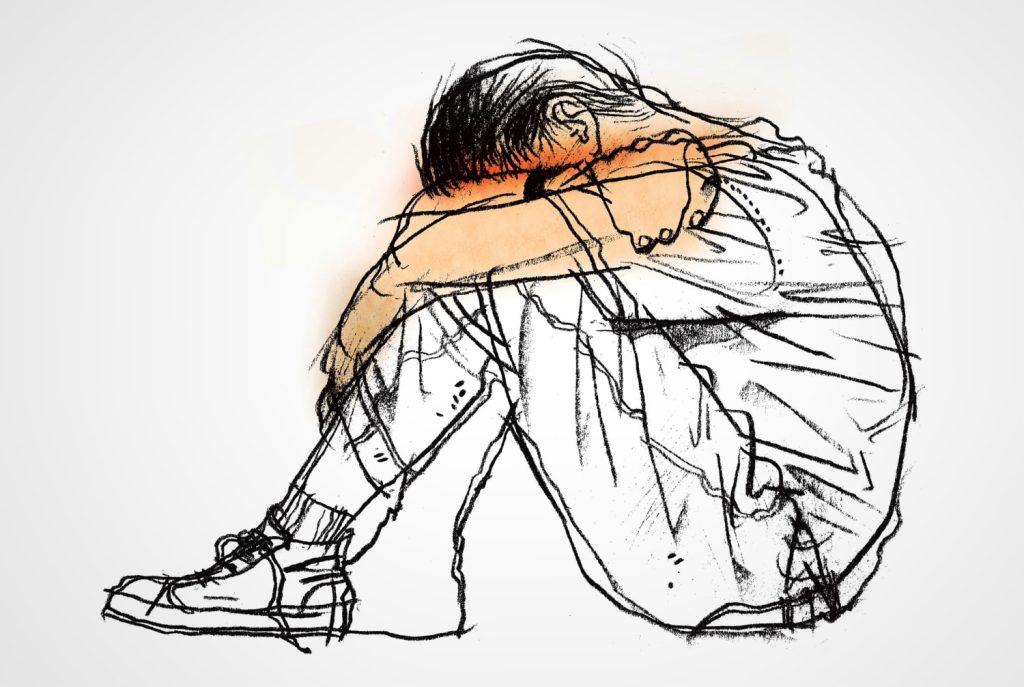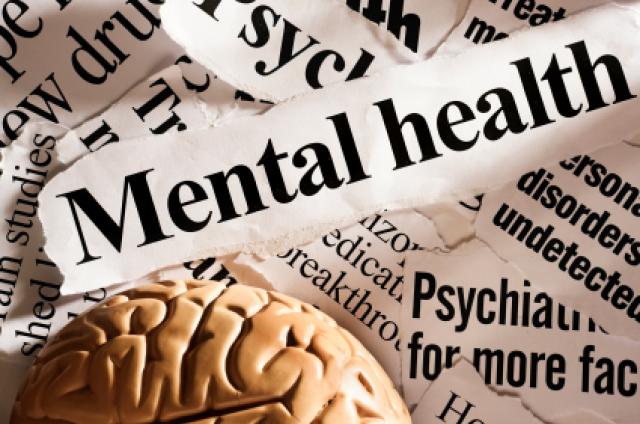Today is World Suicide Prevention Day 2024 and we beam our lights on a deeply concerning issue: the alarming rise in suicide rates among young people. According to recent data from the World Health Organization (WHO), suicide remains the second leading cause of death among individuals aged 15-29 globally. The trend, exacerbated by the long-lasting effects of the various global crises – like, economic, disease outbreaks, and so on (take the COVID-19 pandemic for instance), highlights the urgent need for collective action in mental health awareness, early intervention, and support.
The youth, burdened by academic pressure, social media influence, economic instability, and sometimes fractured family systems, are particularly vulnerable. Mental health experts point out that this group often suffers in silence, either due to the stigma surrounding mental illness or a lack of accessible support systems.

The Role of Social Media
While social media platforms have provided spaces for connection, they have also contributed to rising mental health challenges. Studies suggest that excessive social media use has been linked to feelings of inadequacy, isolation, and depression. Teens and young adults are particularly susceptible to the harmful effects of cyberbullying, body shaming, and the unrealistic portrayal of success.
As these platforms become deeply embedded in daily life, mental health experts urge parents and educators to monitor usage and foster open discussions about self-esteem, peer pressure, and online behaviors.
The Stigma Around Seeking Help
One of the biggest barriers to addressing mental health issues, especially among youth, is the stigma surrounding mental illness. Many young people fear judgment or rejection if they admit to feeling overwhelmed, anxious, or depressed. This societal stigma often leads to individuals bottling up their emotions, further isolating them and increasing the risk of suicide.
Organizations like Mental Health Foundation and Mind are leading the charge in normalizing conversations around mental health, encouraging young people to seek help early on. They emphasize that mental health struggles are not a sign of weakness but rather a part of life that requires care and support.
Importance of Early Intervention
Mental health professionals stress the importance of early intervention. Parents, teachers, and peers can all play a significant role in identifying signs of distress. Symptoms such as withdrawal from social activities, sudden changes in behavior, extreme mood swings, or a loss of interest in hobbies should be taken seriously.
Programs in schools that focus on mental health education are crucial in helping students understand their emotions, recognize warning signs in themselves or others, and seek help when needed. In several countries, there are growing calls for governments to prioritize mental health services in educational institutions and improve access to counseling services.
Fairly Used Gods for Sale, Hurry While Stock Lasts
Despite global recognition of the need for mental health support, many young people still struggle to access it. Long waiting lists, high costs, and a shortage of mental health professionals are just some of the barriers. In low-income and developing countries, access is even more limited, with few mental health facilities and professionals available.
Mental health advocates are urging governments to invest more in mental health services, particularly in underfunded areas. Telehealth services, hotlines, and online counseling platforms have proven to be effective, especially in regions where face-to-face services are scarce.





